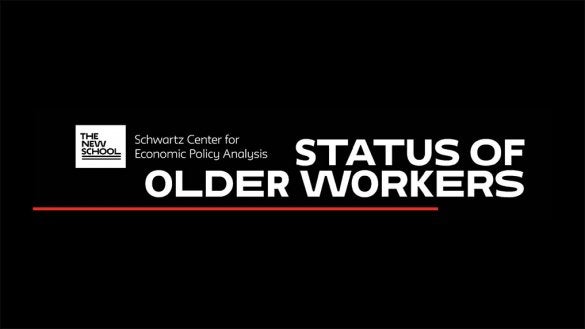
From the Schwartz Center for Economic Policy Analysis, the economic policy research arm of the department of economics at The New School for Social Research.
While the above-trend retirement rate has fueled the narrative of a “great resignation” among older workers, our research indicates that most of these retirements occurred after periods of unemployment rather than directly from employment. Retirement after passage through unemployment is a departure from the common pre-pandemic retirement scenario and may be an indicator that many of these excess retirements were involuntary.
Low levels of wage growth suggest that the decision to remain retired may not reflect the preferences of many retirees, but rather the lack of demand for their skills and experience. Indeed, given the low rates of retirement readiness among older workers, one might expect that retirees may “un-retire”. However, many may face countervailing forces in a labor market that has proven inhospitable to older workers—particularly as employers do not hire older workers.
One of the most effective ways to improve older workers’ pay, conditions and retirement options is to expand unions. Across the board, unionization substantially improves workers’ access to, coverage in, and use of healthcare plans… What’s more, research shows that unionized employees earn far more than their non-unionized counterparts, on average, and provide important workplace protections.
